

No matter how much we try to forget it, we'll always remember high school. The tension, the confusion, the wanting to fit in, the falling through TV sets and battling monsters with our empowered darkest emotions, our most pivotal moments playing out in anime cutscenes. Good times. At least, that's how we choose to remember grades 10 to 12. The sad reality of our teen years pales in comparison to the wonderfully morose vision of high school in Shin Megami Tensei: Persona 4.
As part of a long-running Japanese RPG series, Persona 4 has a built-in cult audience, but don't think that means it's hard to understand. Although it’s primarily a dungeon-crawler, what really sets Persona 4 apart from the pack is everything that happens outside of the dungeon. As a new kid in the quaint little town of Inaba, you make some friends and find out about the Midnight Channel, a TV show that only comes on at 12:00 AM on a rainy night when your set is off. Somehow, it's connected to this other world that only you and your friends can enter, but only after school (you need to pay attention to your studies). The game really builds the setting well, with a slow pace and a lot of well-written dialogue, much of it spoken.
The other world is pretty disturbing, especially when compared to the small town in the “real” world. You enter it through a big TV in the electronics department of Junes department store (which looks suspiciously like Wal-Mart and is equally wicked in its destruction of small businesses). The strange dimension’s hub world looks like an empty TV-show set, and from there you go to the dungeons. Each of those are filled with off-putting monsters and are shaped by the twisted fantasy of the person held captive within.
When you do explore that other world, the game’s battle system plays like most turn-based RPG systems, with a four-character party fighting the monsters that fill its path. You battle using your Personas, deeply buried parts of your characters that they gradually come to accept, thus gaining strengths that range from confidence to shooting lightning. The random encounters are fairly deep, with twists such as surprise extra enemies, hidden weaknesses, and penalties like losing turns. That goes a long way toward making the game's backbone - dungeon exploring - feel exciting instead of tired.
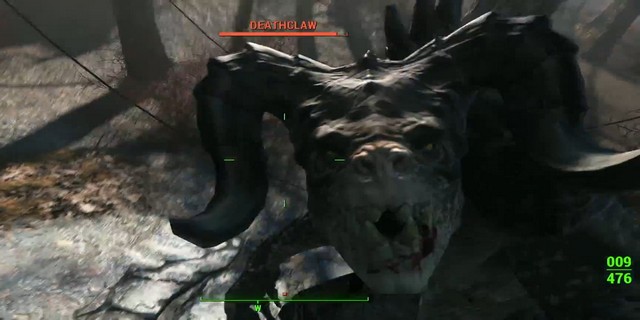
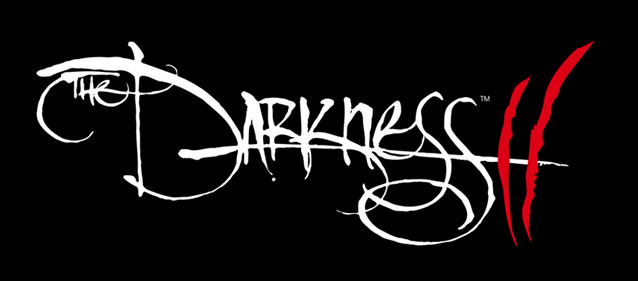


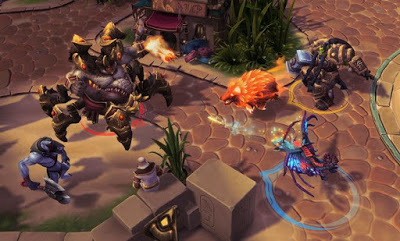 Heroes of the Storm (PC) beginners guide
Heroes of the Storm (PC) beginners guide Far Cry 4 Guide: How to Easily Hunt and Skin for Crafting
Far Cry 4 Guide: How to Easily Hunt and Skin for Crafting How to Fix MGSV: Ground Zeroes PC Crashes, Errors, Resolution, Black Screen, Low FPS, Camera, Controllers, Graphics
How to Fix MGSV: Ground Zeroes PC Crashes, Errors, Resolution, Black Screen, Low FPS, Camera, Controllers, Graphics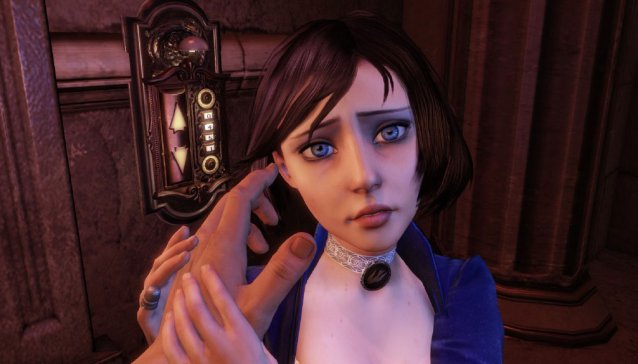 Why AAA Titles Are Worth Writing About
Why AAA Titles Are Worth Writing About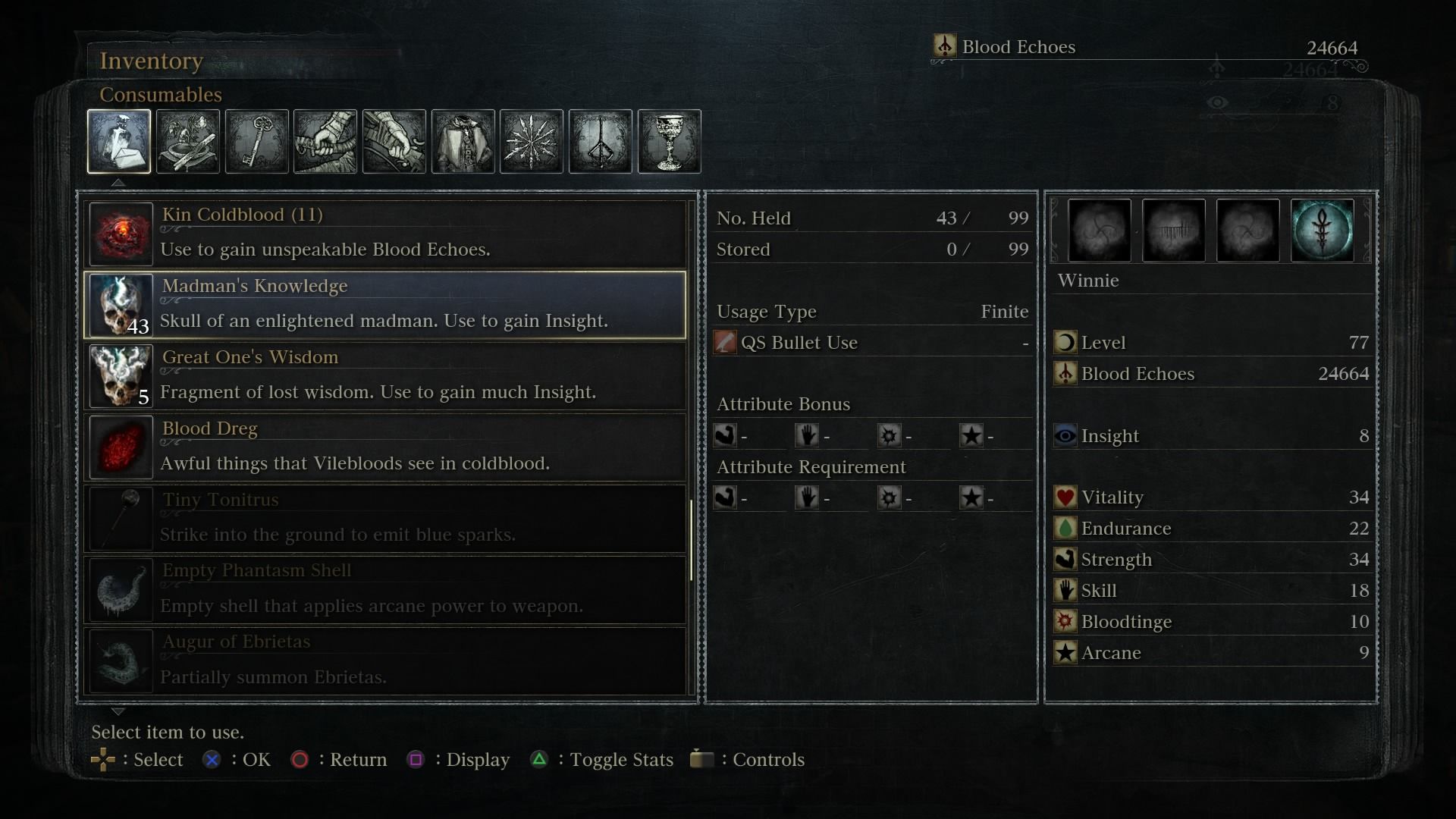 How Bloodbornes multiplayer works
How Bloodbornes multiplayer works